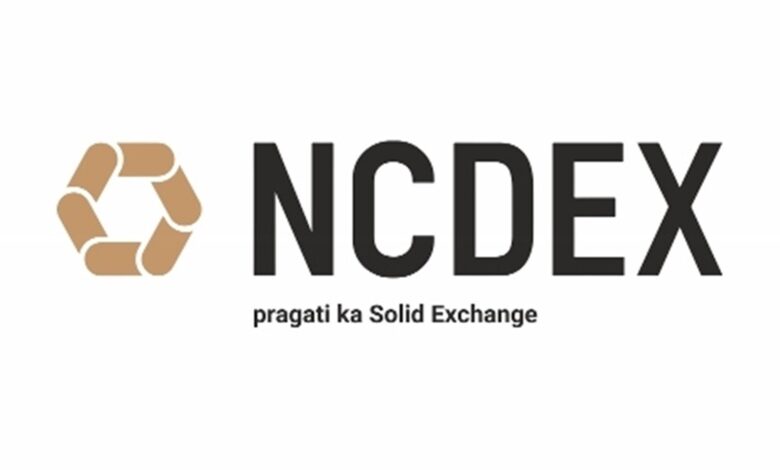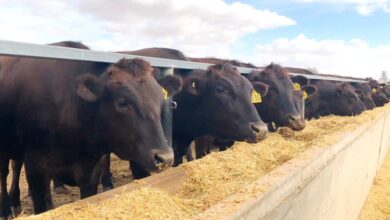NCDEX to have more commodities for trading by the end of the year, says MD Arun Raste – Commodities News

The National Commodity & Derivatives Exchange Limited (NCDEX), one of the leading online commodity exchanges in India, is planning to launch at least 15 more commodities including daily household commodities like milk powder, eggs and timber for trading by year-end.
Arun Raste, MD & CEO of NCDEX, told FE, “ The Commodity Derivatives Advisory Committee (CDAC) under SEBI
After the inclusion, trading in those commodities can be done on the commodity exchange which will, in turn, help the market
Raste claimed that along with wider stakeholder participation, the approval for trading of more commodities on the exchange will help NCDEX to increase its previous level of average daily trading turnover. It may be recalled that SEBI had announced a ban on futures trading in seven agricultural commodities (Wheat, paddy (non-basmati), chana, mustard seeds, soya bean, crude palm oil and moong) in 2021 with the aim of curtailing inflation. The ban has been extended since then and on October 27, 2023 it was once again extended for another year up to December 20, 2024.
The NCDEX MD said, “The government’s decision to ban future trade in these commodities brought the average daily turnover on NCDEX to around Rs 300 crore from the earlier Rs 2,000 crore to Rs 2,500 crore prior to the ban. Currently average turnover per day is around Rs 1,000 crore to Rs 1,200 crore. It is hoped that with the inclusion of new commodities, the turnover will possibly increase by Rs 500 crore of trading per day per commodity.”
Talking about the feasibility of the ban, Raste said, “The government should reconsider this decision because various domestic and international research reports show that future trading in commodities does not have any correlation with the price volatility of the commodities.” Before the ban, these seven commodities constituted around 70% of the trade volumes in the Indian agri-commodities futures market.
He further said, “There are 91 commodities that are listed with the authorities for trading. Most of them are not notified for trading and actual trading happens for just 15 of the commodities. This means that there is a lot of scope for the commodity derivatives market to grow and prosper. As of now, we have participation of around 500 FPOs and we are planning to add 150-200 more FPOs each year. We aim to achieve the target of 1,000 FPOs in the next three years.”





